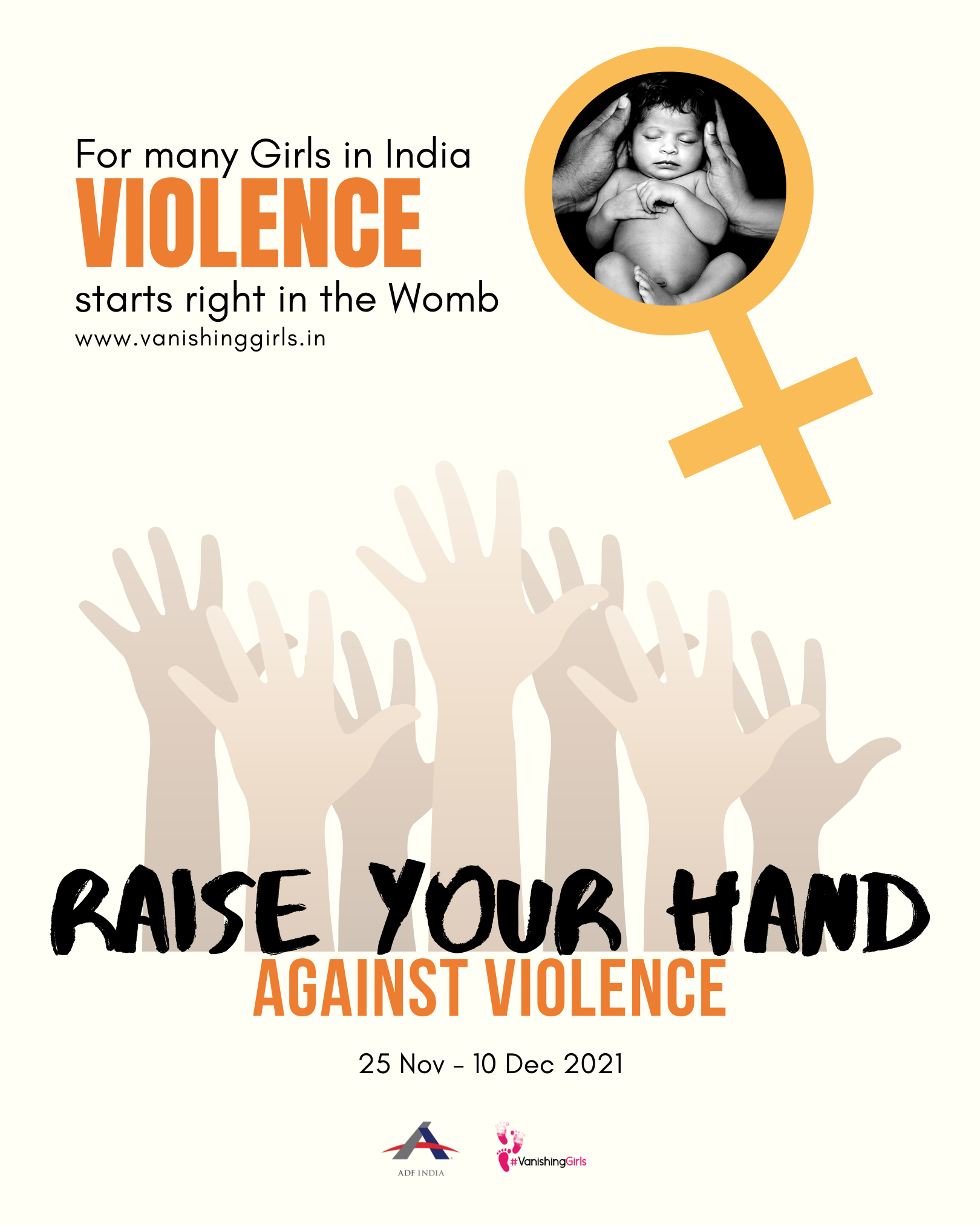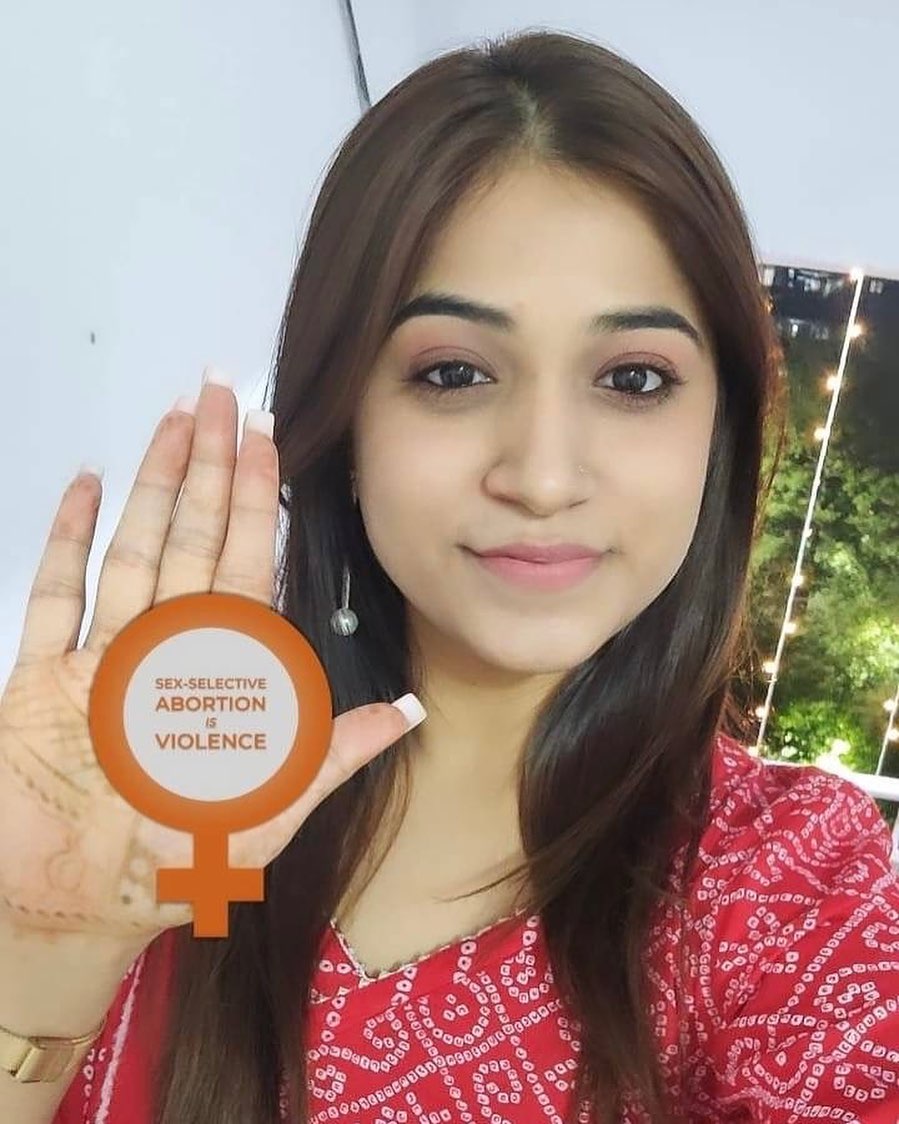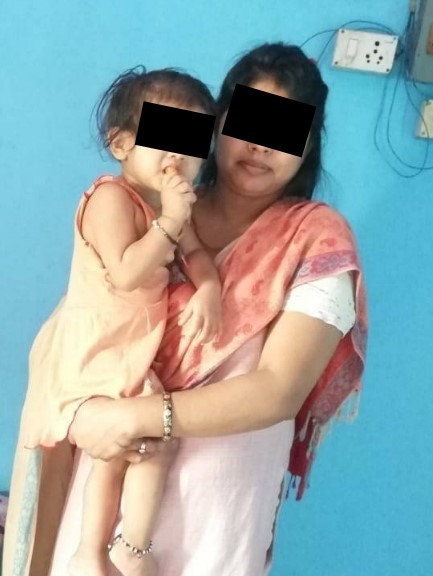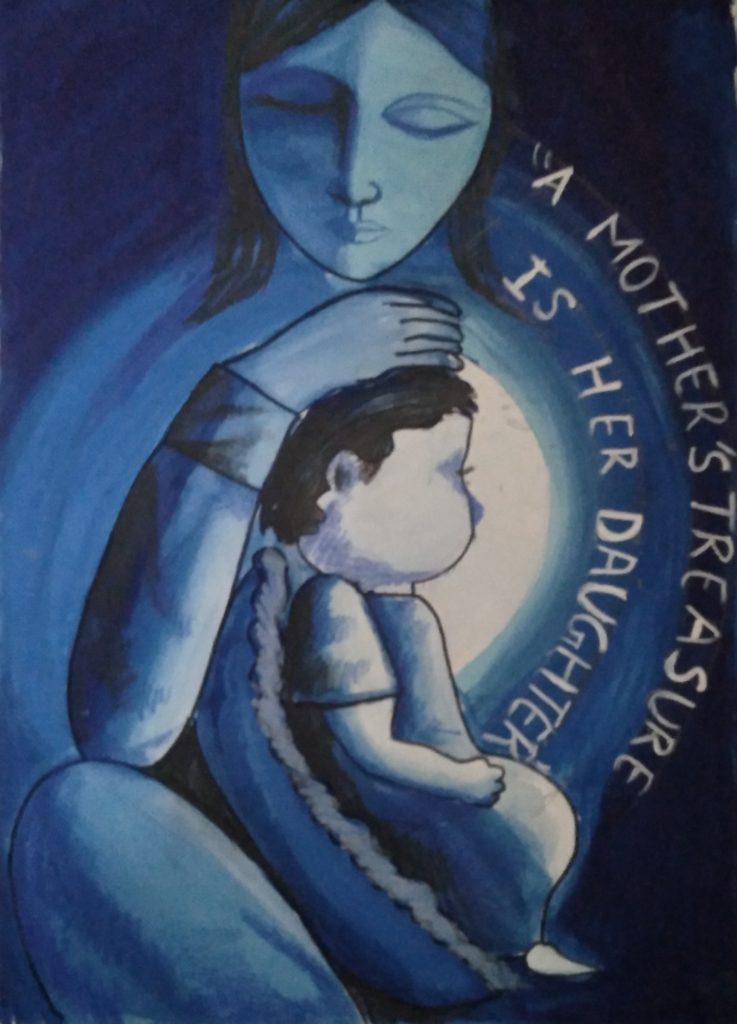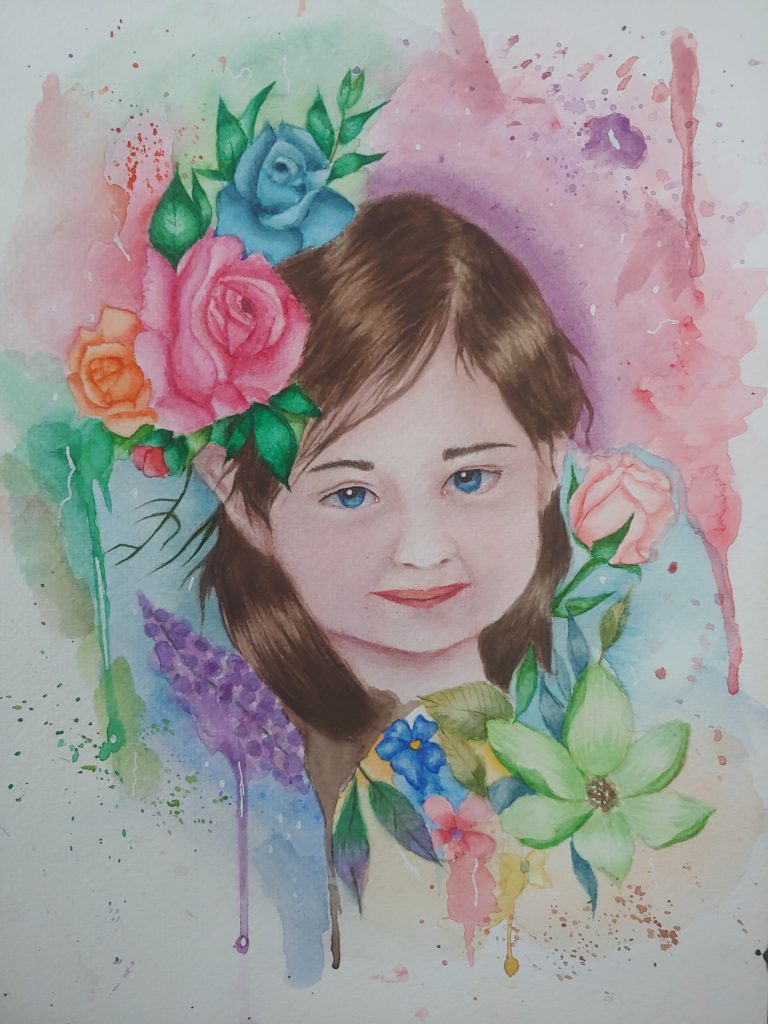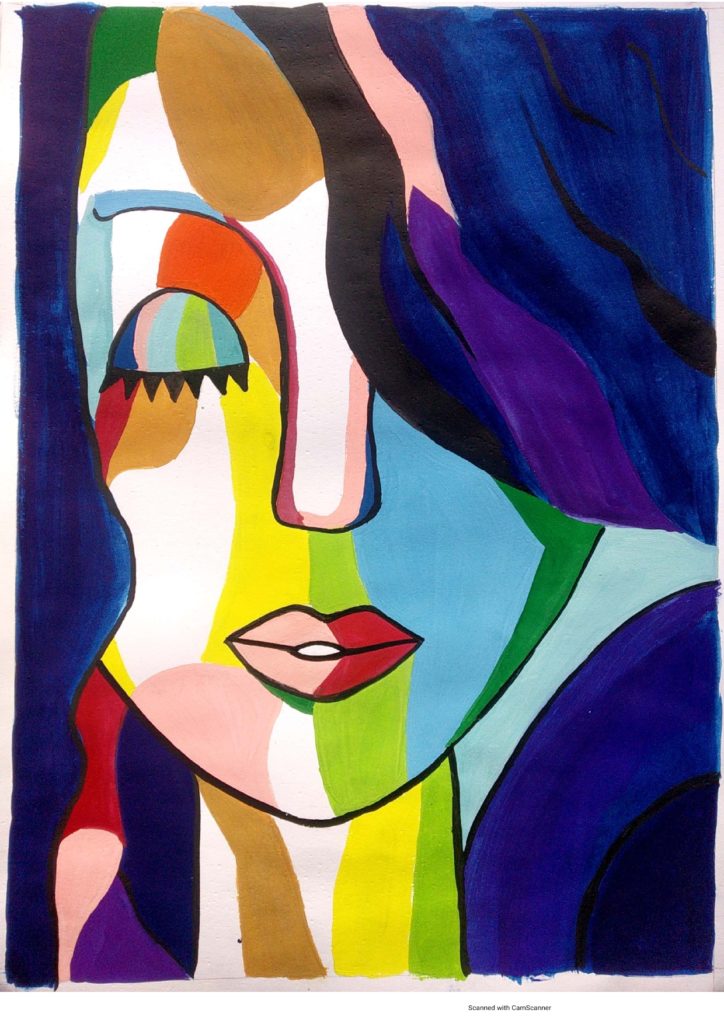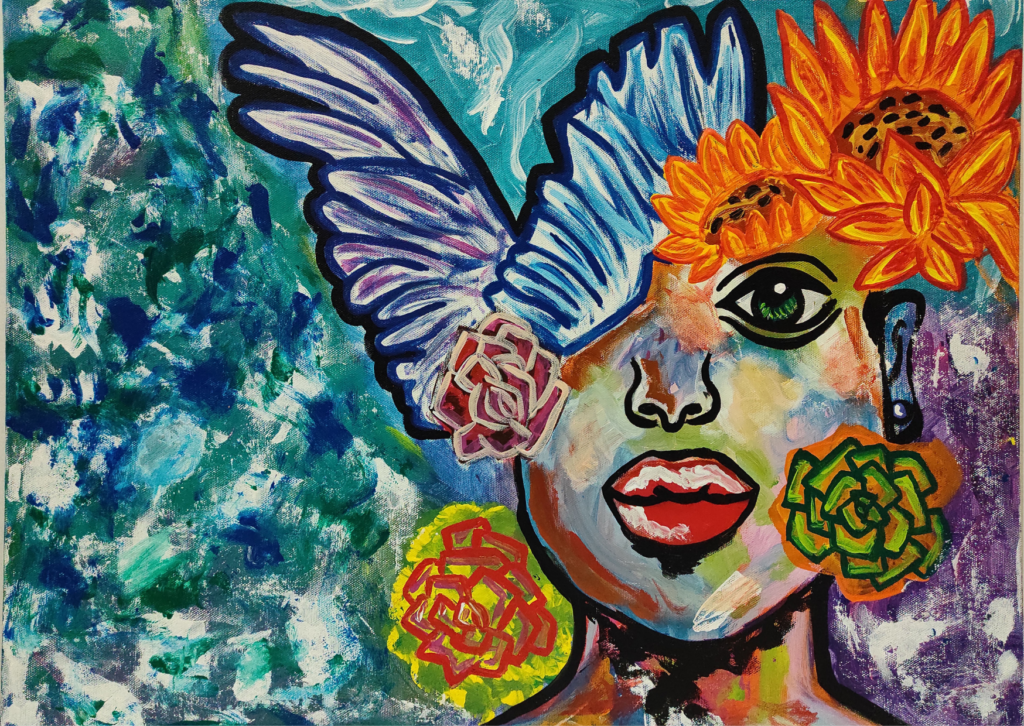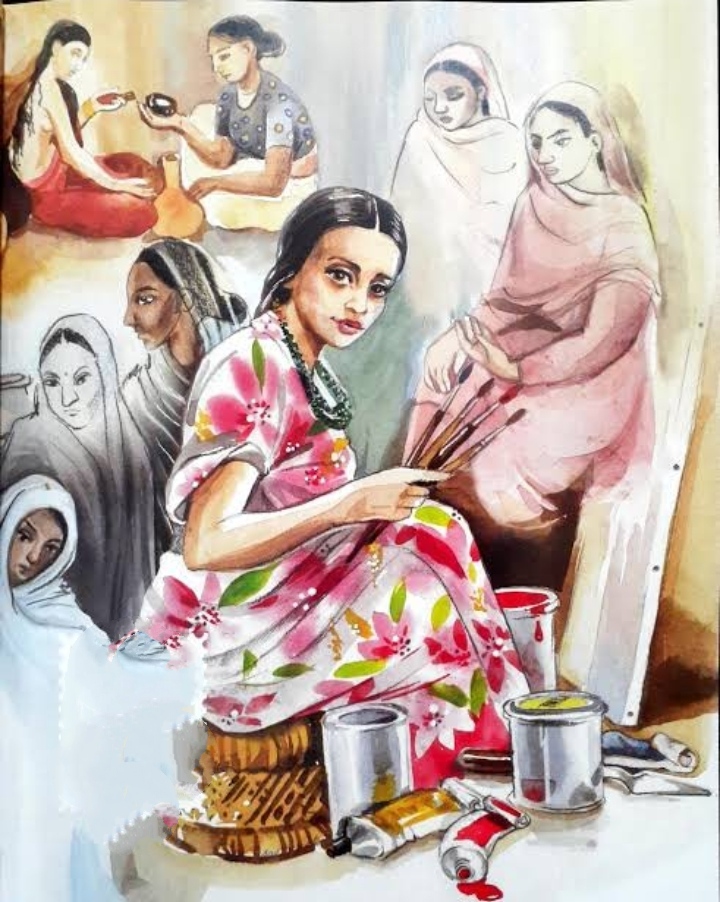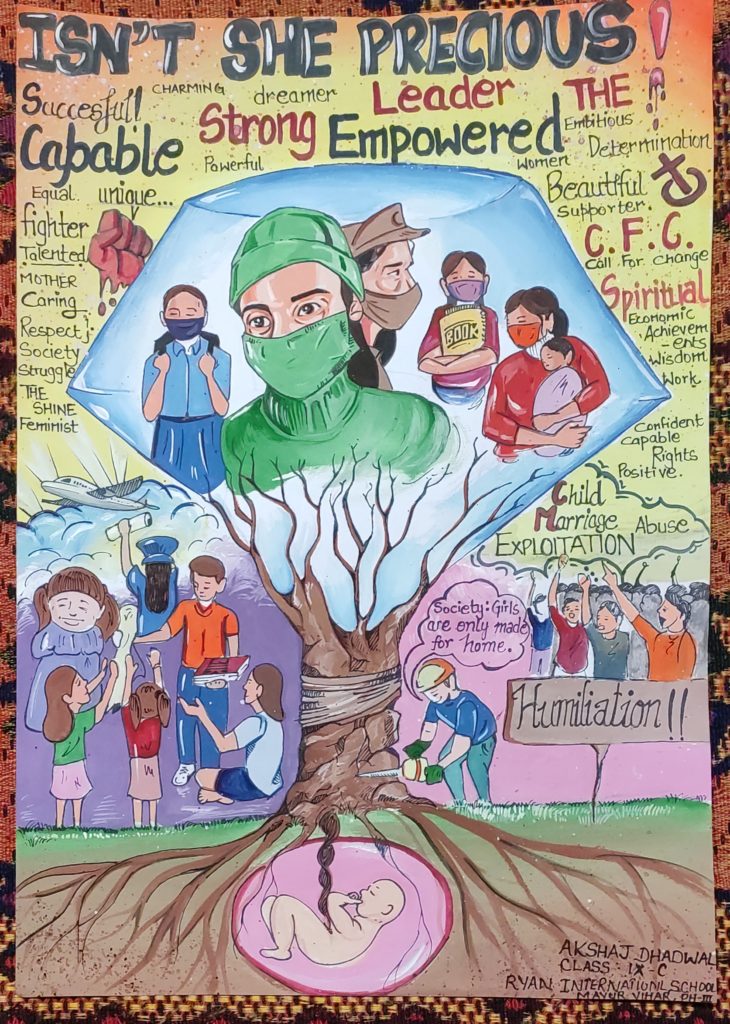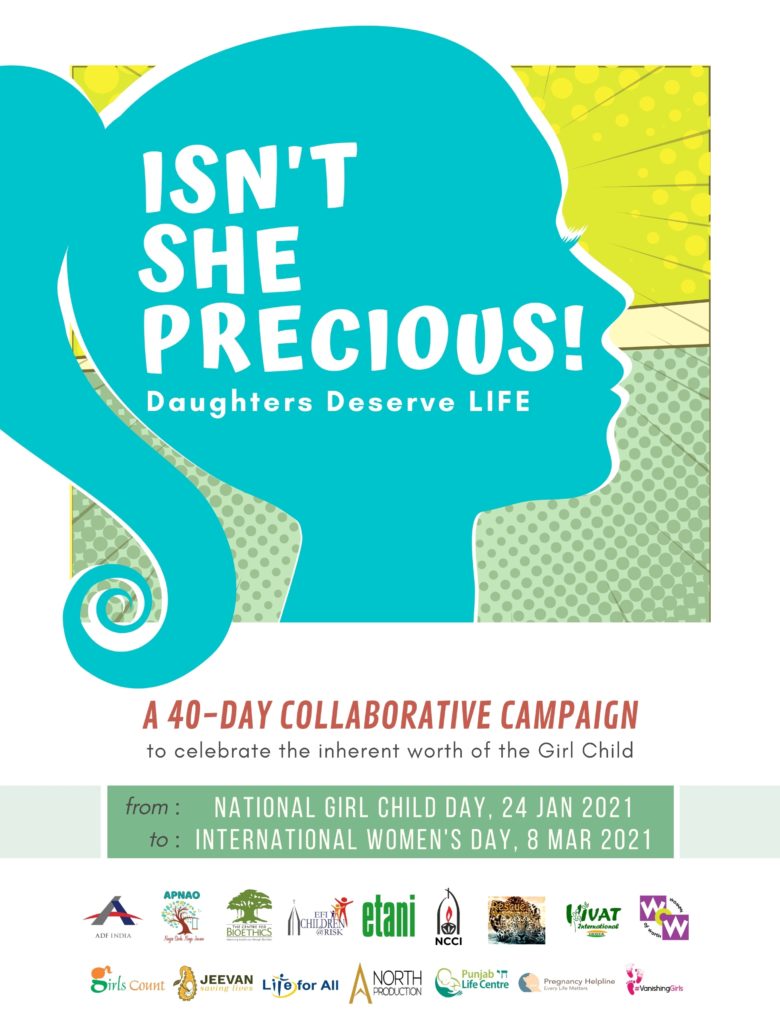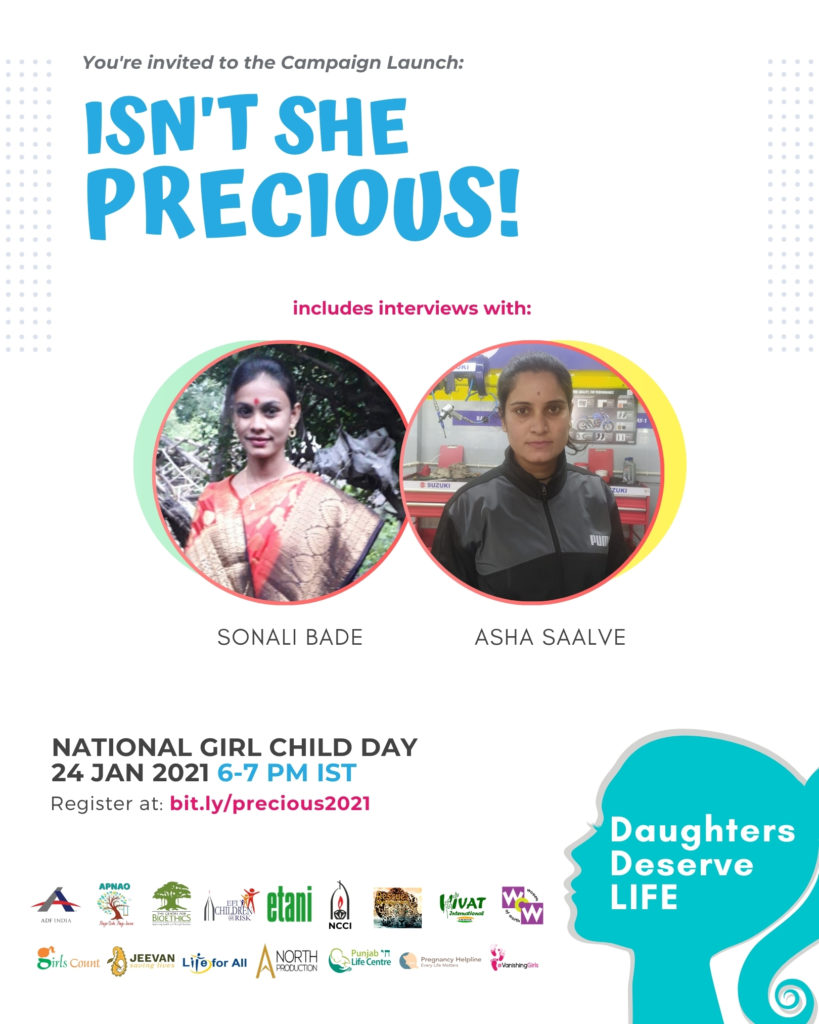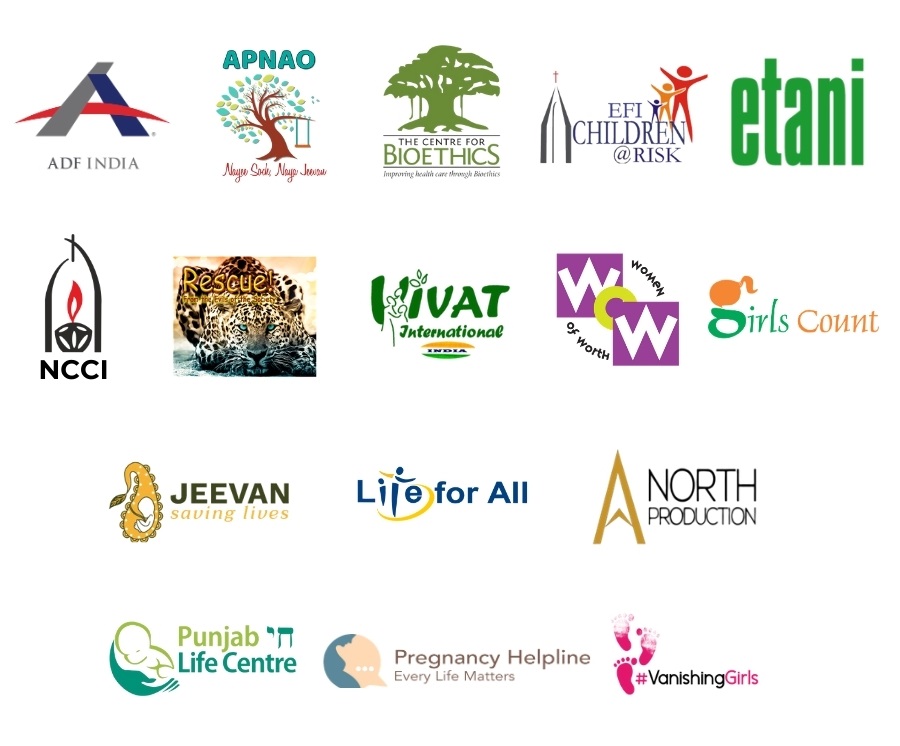YouTube disables DIY sex-determination videos after ADF India allied lawyers intervene
Updated on 18 May, 2022
Three months ago, YouTube took down several videos promoting gender-biased sex-selection after ADF India allies intervened.
Targeted towards Indian married couples, these videos offered information on how to detect the sex of the foetus. It also endorsed and facilitated the indirect sale of gender determination kits/products.
The fact that YouTube, which is owned by Google, allowed unrestricted streaming of content on gender-biased sex selection stands in clear violation of the Supreme Court orders in the case of Sabu Mathew George v. Union of India, (2018) 3 SCC 229.
These videos further enable the viewers to gain information to circumvent the legislative intent underlying the restrictions of Section 22 of the PCPNDT Act, 1994.
Addressing these issues, ADF India allied lawyers worked on a written complaint with Girls Count, one of ADF India’s Vanishing Girls campaign partners, and submitted it to Ms. Vidushi Chaturvedi, Former Director, Department of Health & Family Welfare on 12 December, 2020. The same was brought to the notice of the Nodal Agency, Ministry of Health and Family Welfare, New Delhi via email on 6 January, 2021. Subsequently, pursuant to the above, the Nodal Agency had sought clarifications from Google’s legal team. They responded to the complaints with clarifications via email on 7 February, 2022 and a few videos were accordingly disabled access from the country domain.
However, some of these YouTube videos still continue to circulate in contempt of the guidelines of the Hon’ble Supreme Court. Additionally, e-commerce websites such as Amazon and Dessertcart also advertise similar sex determination products, ready to be shipped in India.
ADF India allied lawyers are working on a formal complaint to the Union Minister of State for Health and Family Welfare requesting to file a contempt towards the online content violations, against the Supreme Court orders in the case of Sabu Mathew George v. Union of India, (2018) 3 SCC 229, on behalf of the Ministry of State for Health and Family Welfare to ensure that the mandate of the PCPNDT Act, 1994 is scrupulously followed.
LEGAL AID AND PREGNANCY HELPLINE
ADF India provides free legal assistance through our panel of allied lawyers to women whose unborn girl children face in any way a hindrance to L.I.F.E (Love, Inheritance, Freedom, Equality). To know more, please visit www.adfindia.org/legal-aid.
You may also call the pregnancy helpline at 0444 631 4300 or visit www.pregnancyhelpline.in
SUPPORT
We invite you to join us in our efforts to eradicate sex-selection in our lifetime and save the lives of thousands of girls who are aborted every day. To support our work, donate here.
---------------
Vanishing Girls is a campaign initiated by ADF India to raise awareness against the practice of sex-selective abortions and to advocate for effective implementation of the Pre Conception Pre Natal Diagnostic Techniques (Prohibition of Sex Selection) Act, 1994.
